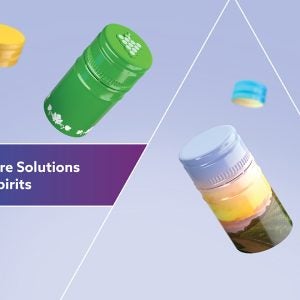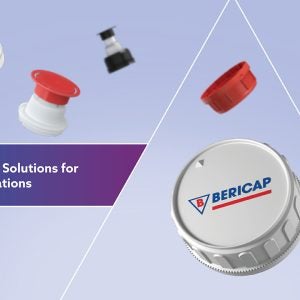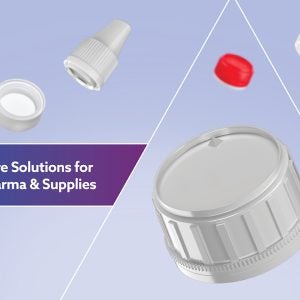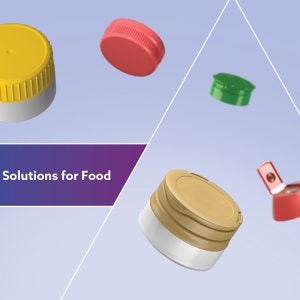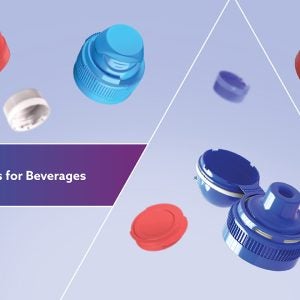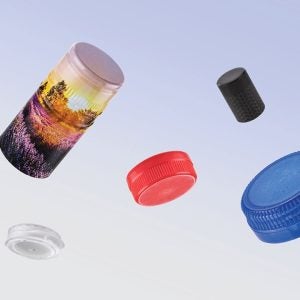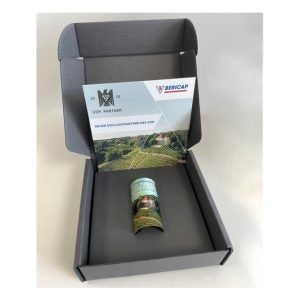BERICAP Receives NUMICO Booster Award 2006 for Packaging
BERICAP received the NUMICO Booster Award 2006 for Packaging for outstanding contribution in the development of a new plastic closure for baby and clinical nutrition product lines.
This happened at the occasion of the NUMICO Booster Awards 2006 ceremony that took place in Amsterdam on May 16, 2006, with 200 suppliers gathered around Jan Bennink, Chairman and CEO; Luc Volatier, VP Purchasing Worldwide, and all the whole international purchasing team of NUMICO.
NUMICO used to be a traditional company of the Amsterdam Stock Exchange, founded more than 100 years ago, that was turned into a dynamic, high growth, high margin and specialized nutrition company in few years by its current management team led by Jan Bennink, with annual sales of 1.988 billion Euros.
The Booster Awards 2006 was the opportunity for the Management of NUMICO to confirm its ambitions on the market to become one of the leading companies in the world for baby food (NUTRICIA Babyfood) and clinical nutrition (NUTRICIA Clinical), and to stress the importance of their partnership with key suppliers : it expects to source from them part of its expertise and innovations to sustain its double digit growth on all continents.
NUMICO also presented the results of its annual survey with suppliers, highlighting its commitment to develop long term partnership with key suppliers with clear benchmark reference to the performances of TOYOTA for such policy of excellence.
BERICAP received this NUMICO Booster Award 2006 as "it showed an excellent flexibility, proactiveness and support during the plastic bottle launch" said Luc Volatier during the ceremony, adding also "The big challenges met so far, have increased our belief that BERICAP can do better !"
The closure developed by BERICAP for NUMICO for both baby food and clinical nutrition in HDPE bottles developed and produced by GRAHAM PACKAGING in situ in the NUTRICIA factory of Zoetermeer in the Netherlands is particular in that it integrates some ergonomic considerations for easy opening by senior consumers and is produced under reinforced hygiene conditions.


